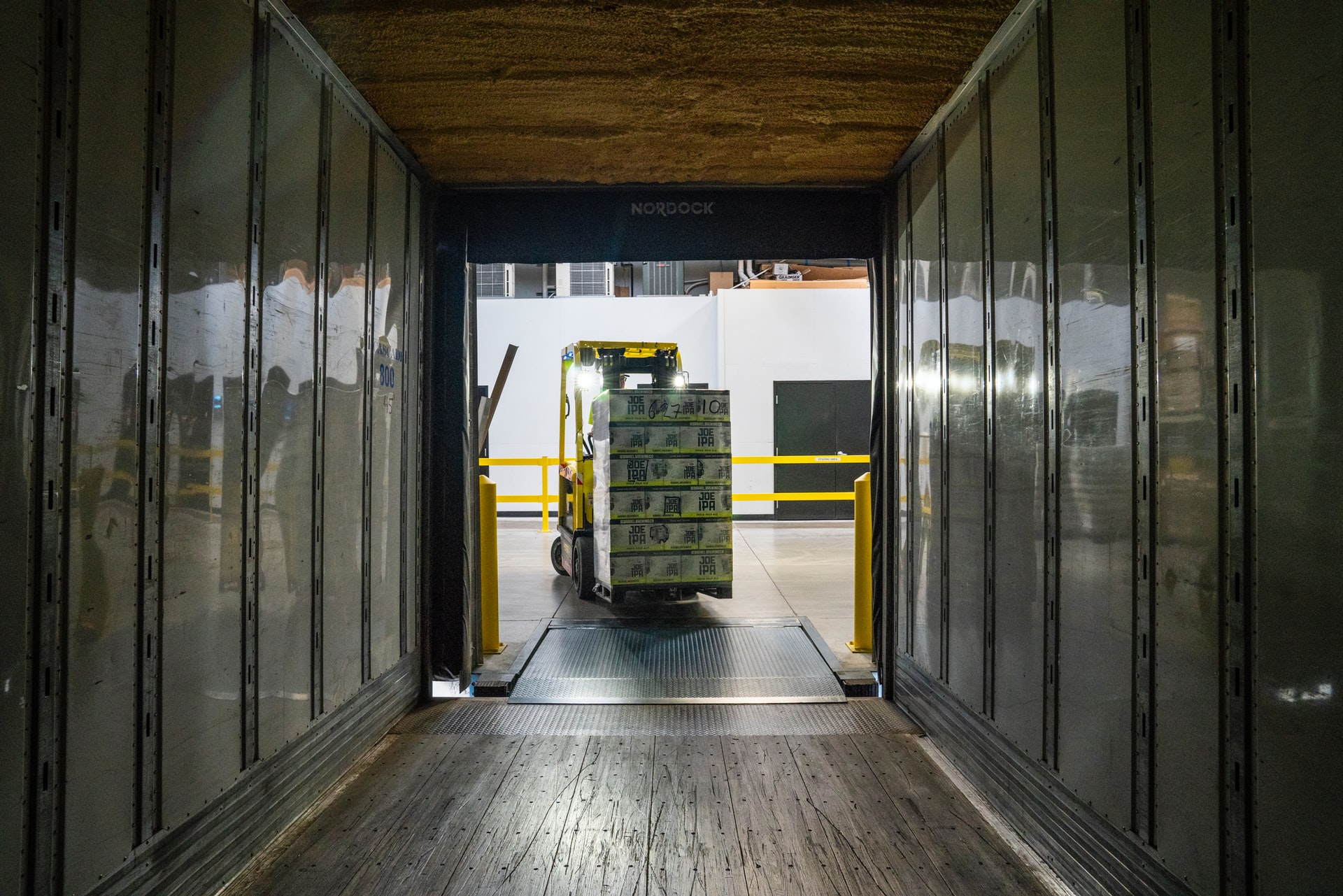Increasing demand for online deliveries, faster delivery cycles, growing competition, declining margins, and providing better customer service are just a few primary reasons pushing businesses across sectors to improve logistics management. However, if the search for effective logistics management is not fueled by current technology or digital tools, the possibilities of failure multiply exponentially.
What is Logistics Management?
Logistics management encompasses several activities that assure the smooth transportation of commodities, freight, parcels, raw materials, completed inventory, and packages from their origin to their final destination. Depending on an enterprise’s digital maturity, these procedures can be automated or manual. Modern and efficient logistics management, enabled by technologies such as Artificial Intelligence, Machine Learning, Predictive Intelligence, and the Internet of Things (IoT), among others, enables businesses to discover new revenue streams, increase delivery profitability, and create delightful customer experiences. Logistics management is an essential part of Supply Chain Management (SCM).
Supply Chain Management is a collection of interrelated operations concerned with the transformation and transfer of raw materials into completed items before they reach the customer. Supply chain management oversees the complete buying, supplying, producing, and selling process, whereas logistics bridges the gap between distinct parts. Highly efficient Supply Chain Management attempts to acquire a significant competitive edge.
Other operations in logistics include warehousing, protective packing, order fulfillment, stock control, maintaining demand-supply balance, and stock management.
Logistics Management Types
The logistics management process begins with gathering raw materials and ends with delivering items to their destination. There are several logistics types linked with various supply chain operations. The following are the primary categories of logistics management:
1. Supply Chain Management
The planning, procurement, and coordination of supplies required in a given location at a specific time to enable production is referred to as supply management. This logistics will also include material storage and transit coordination. It also entails assessing the quantity of supply concerning demand to ensure that the process runs smoothly. Supply management must be performed on time because delays might cause problems.
2. Material Handling and Distribution
This movement often entails transporting stored resources or goods for further processing or distribution. It involves a lot of loading, unloading, tracking, and inventory management. It oversees the transfer of supplies from a central warehouse to numerous additional sites, requiring intense material mobility and the importance of timely delivery.
3. Product Administration
Logistics’ product management includes planning, managing, and controlling a company’s many phases of production. It handles the coordination necessary in the manufacturing or assembly process, the movement between factories and warehouses, the management of production areas, and the adherence to a fixed timetable. Production logistics allows for greater capital efficiency.
4. Management of Customer Service
Customer service management refers to techniques, tactics, and technology to manage and analyze customer interactions and data over the customer lifecycle. Excellent communication and timely and damage-free delivery are required for good customer service management in logistics. This helps to build customer interactions and increases client retention.
5. Returns Administration
Returns management, often known as reverse logistics, is the administration of returned products to the firm. Returns management includes reclaiming material and supplies from a manufacturing or assembly process and returning damaged, unwanted, or unused items from the end consumer. By utilizing undamaged/unused returned items to replace inventory, one may dramatically decrease losses by inspecting and categorizing returned products.
Your Next Step: Give Corrigan Logistics a Call
Corrigan Logistics manages logistics initiatives for businesses around the country. We have access to a countrywide network of warehouses and service providers through our association with UniGroup Logistical, which allows us to manage any logistics project you may have. Corrigan Logistics offers the experience, knowledge, and contacts to ensure the success of any logistics project, whether it’s a retail display roll-out, a hotel refurbishment, or a laboratory transfer. Contact us today to see how we can help you streamline your company logistics.



